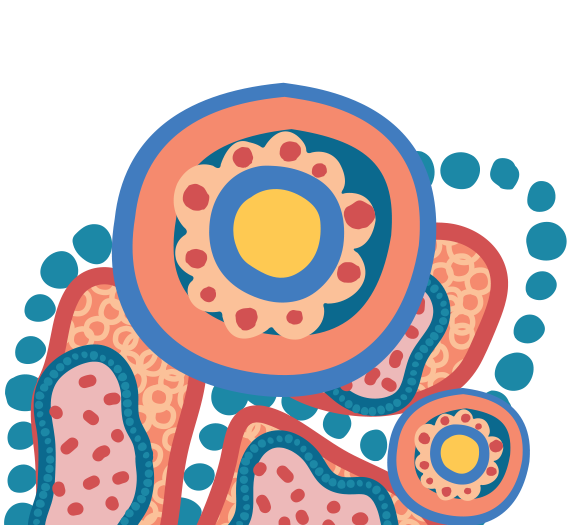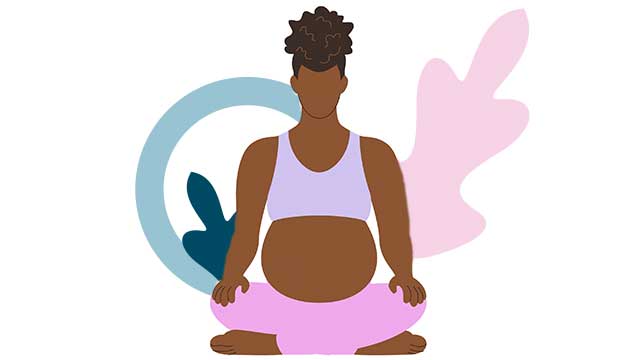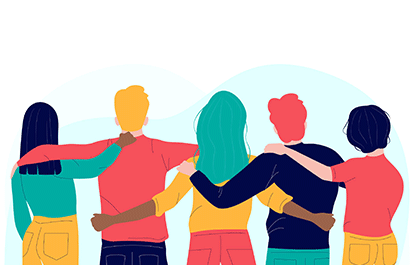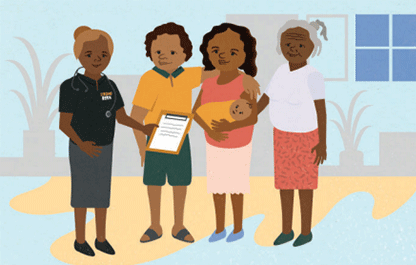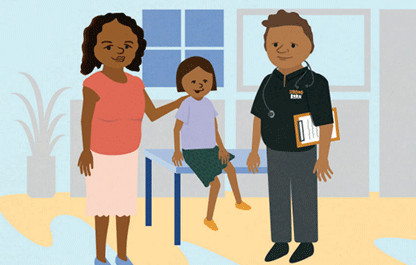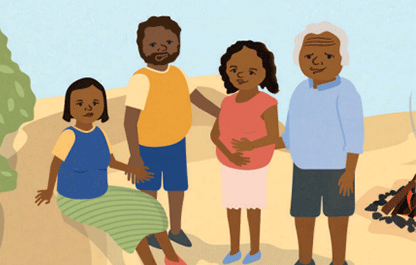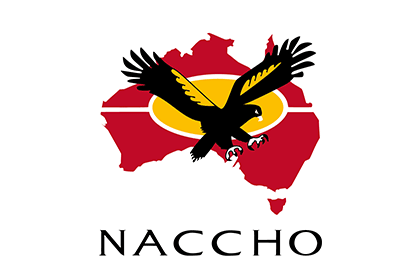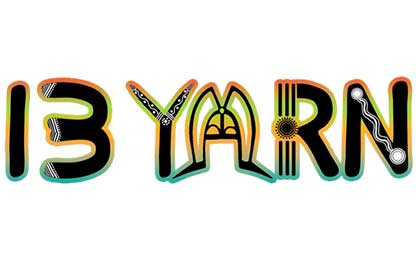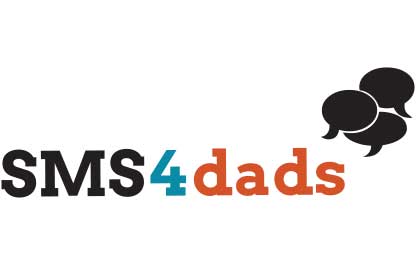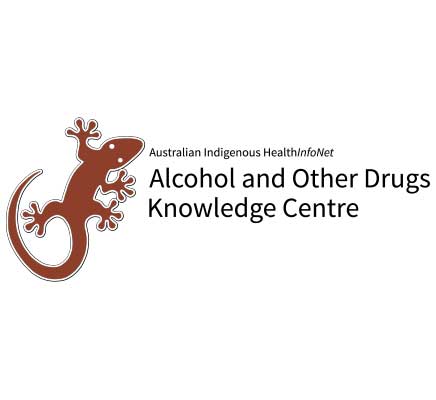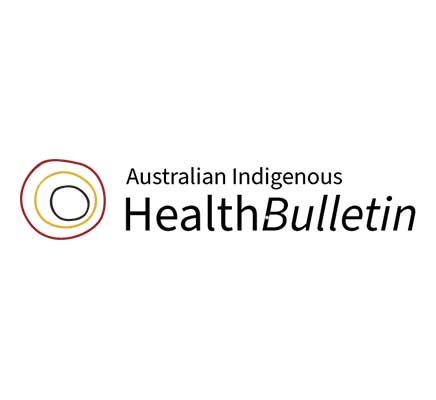
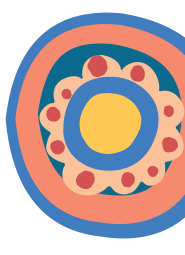
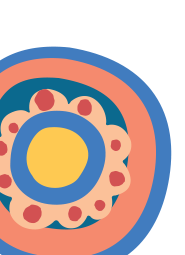
Fetal Alcohol Spectrum Disorder (FASD) happens when a baby is affected by grog before they are born.
It is important that women who are planning a pregnancy or pregnant, don’t drink alcohol.
People with FASD can have a range of challenges with physical activities, language, memory, learning and behaviour.
Globally and in Australia, the prevalence rates of FASD are disproportionate amongst Indigenous populations as a direct consequence of colonisation; racism and poor social health determinants.
It is essential that approaches to FASD are culturally safe, trauma-informed, and led by the Aboriginal and Torres Strait Islander community.
If you or a family member are feeling worried or need support, don’t be ashamed to ask for help. There are services available which are run by, and for, Aboriginal and Torres Strait Islander people who can help you and your family.
If you think that a family member may have FASD, it is important to get help as early as possible so that support can be provided. Families, health professionals, school and service providers all need to work together to ensure people with FASD grow up happy and strong.
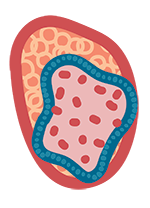
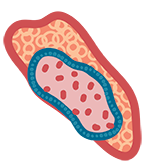


Visit the FASD Hub's library of resources for Aboriginal and Torres Strait Islander Communities
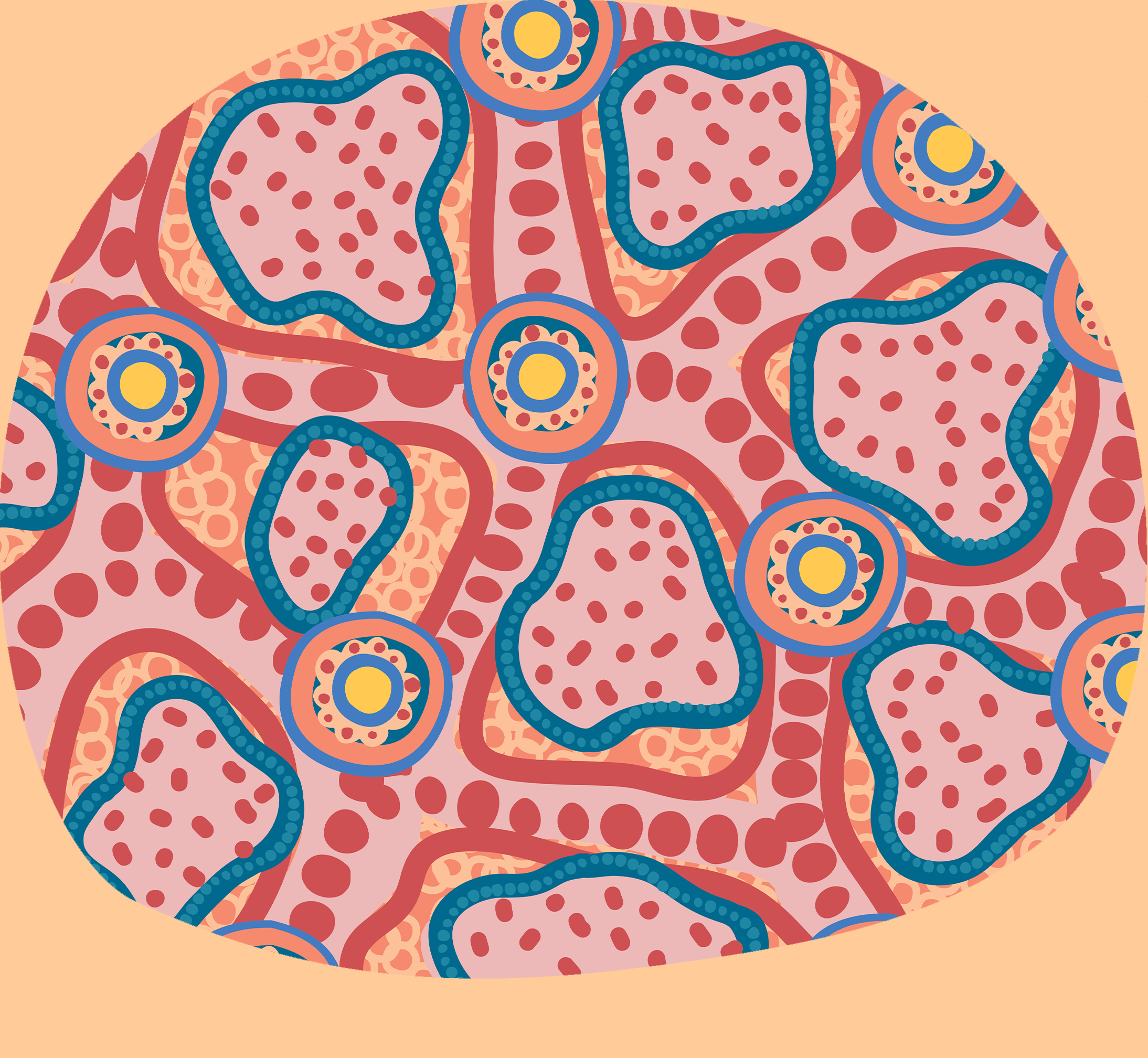
Celebrating culture and connection through design
Discover the story behind the powerful First Nations designs featured on our site. Created by Leigh Harris, an Aboriginal designer and founder of ingeous studios, these bespoke designs honour the strength and leadership of Aboriginal and Torres Strait Islander Communities in responding to Fetal Alcohol Spectrum Disorder (FASD). Learn how art, culture and community come together to shape a culturally safe, First Nations-led approach to FASD education and support.
Strong Born
The national Strong Born FASD Campaign, developed by the National Aboriginal Community Controlled Health Organisation (NACCHO) in collaboration with the Aboriginal Community Controlled Health organisation (ACCHOs), provides a culturally safe framework to prevention, health promotion and supporting children and adults with FASD and their extended families.



Research Spotlight
New research lights path for improving FASD knowledge, assessment, and support services for Aboriginal peoples.
Nicole Hewlett, lead author and researcher at the University of Queensland, explains how a new Australian FASD Indigenous Framework offers hope and healing for all Australians living with FASD.
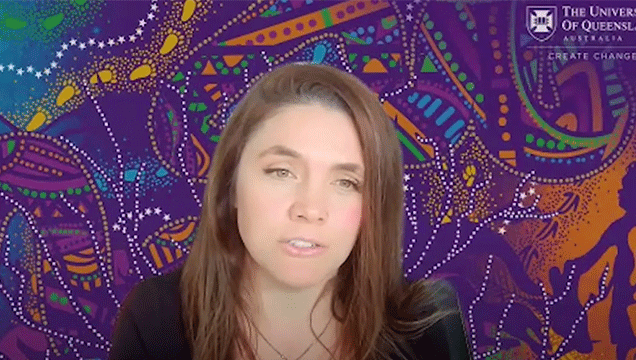

Need a yarn?

Video series: True or Gammon by the Central Australian Aboriginal Congress

Ep. 1 Is it safe to drink when you're pregnant?

Ep. 2 What about Dad?

Ep. 3 Helping kids with FASD


Beyond the FASD Hub
These resources have been created by other organisations.
Stay connected
Join our mailing list to hear more from the FASD Hub, including our monthly newsletters, webinar invitations, and new publications.
Acknowledgement of Country
FASD Hub Australia acknowledges Aboriginal and Torres Strait Islander peoples as the Traditional Custodians of Country throughout Australia, and we recognise their connections to land, water and community. We pay our respect to their elders past and present, and extend that respect to all Aboriginal and Torres Strait Islander peoples.

